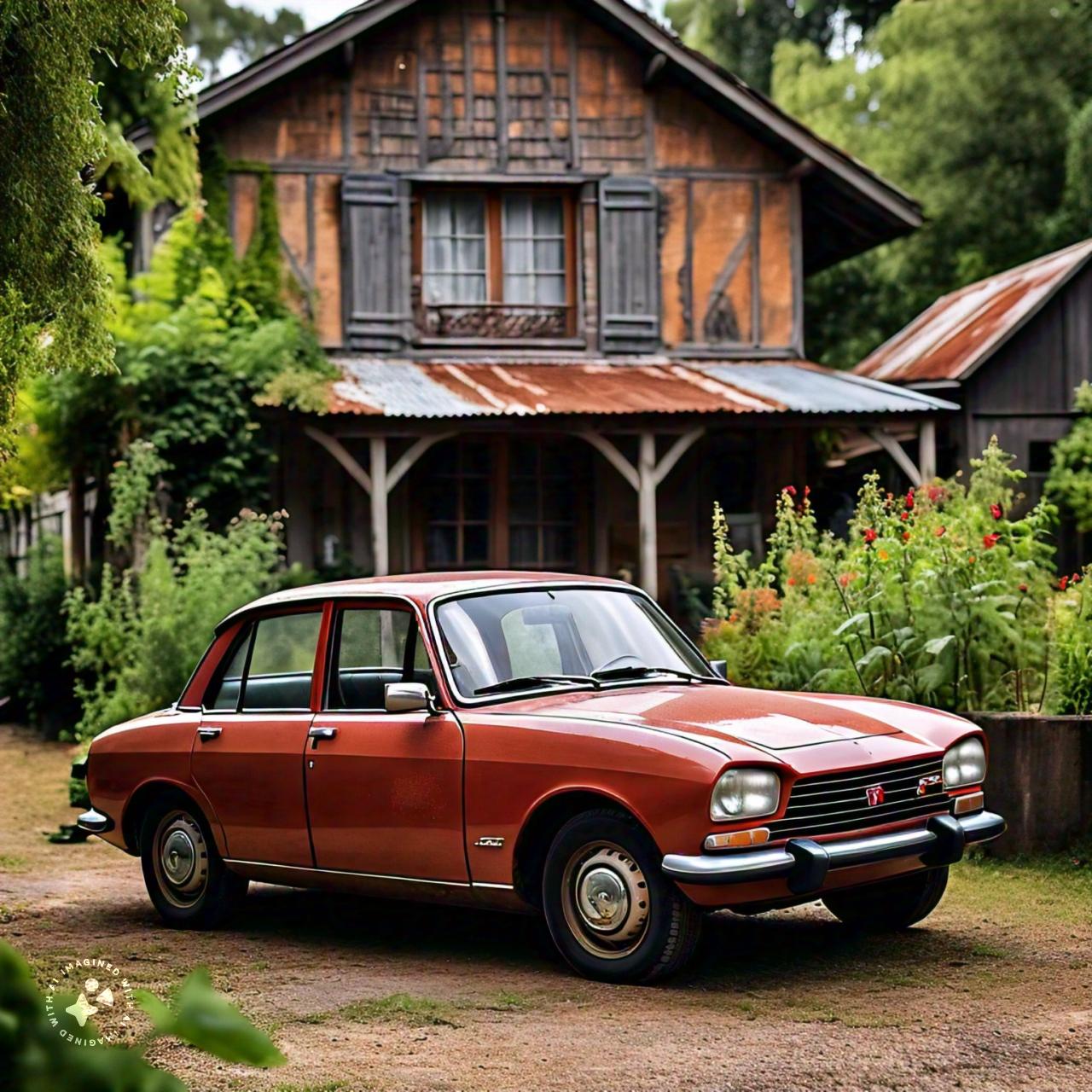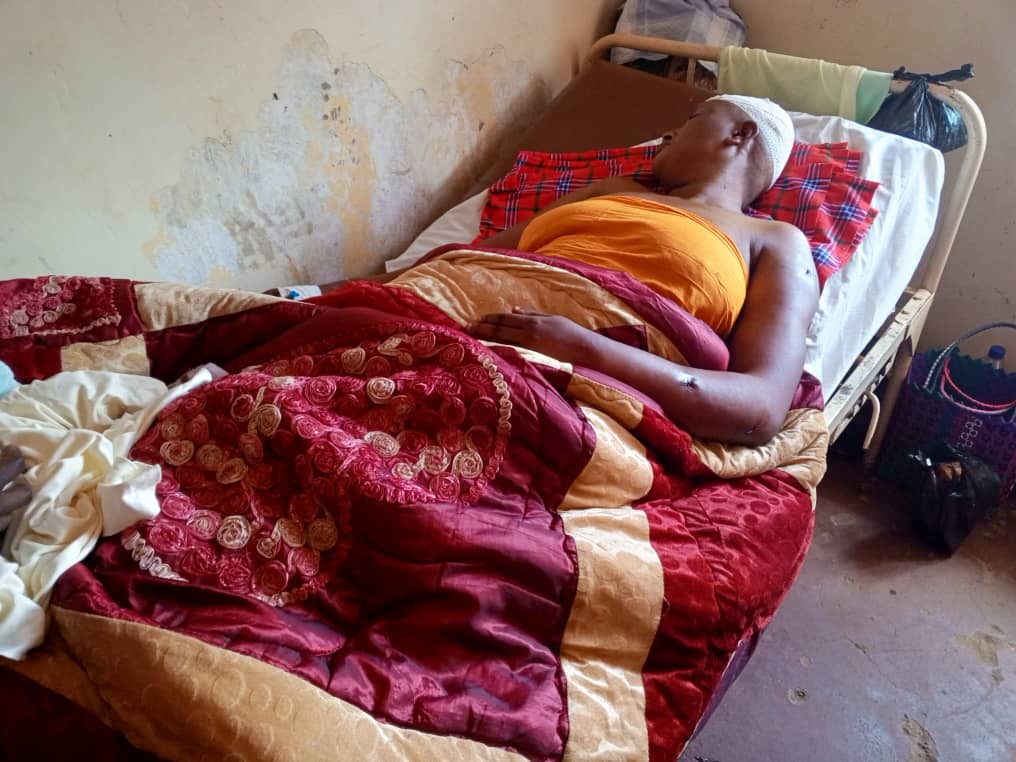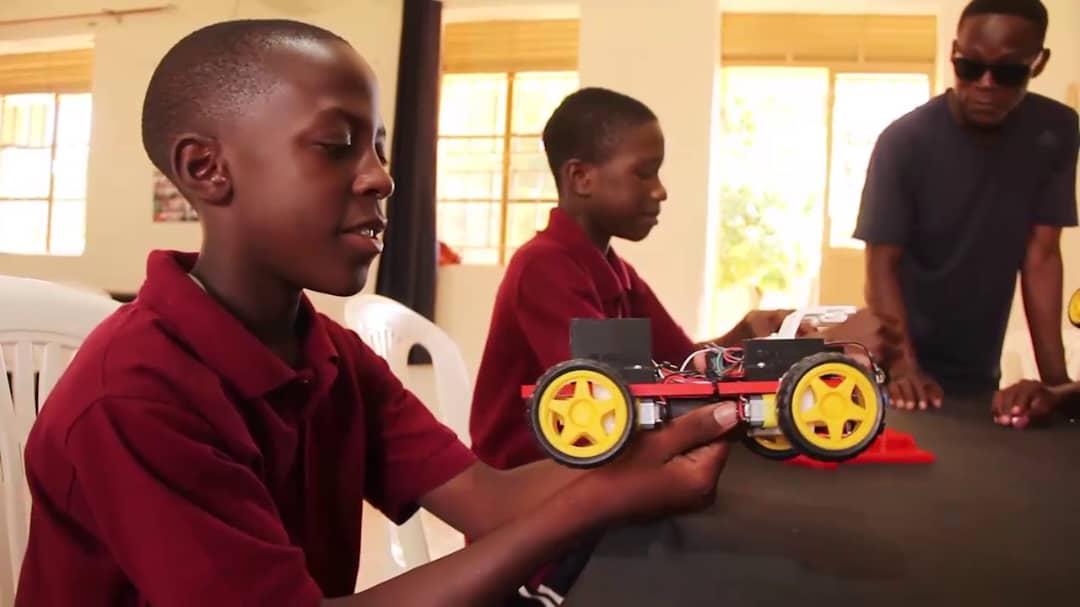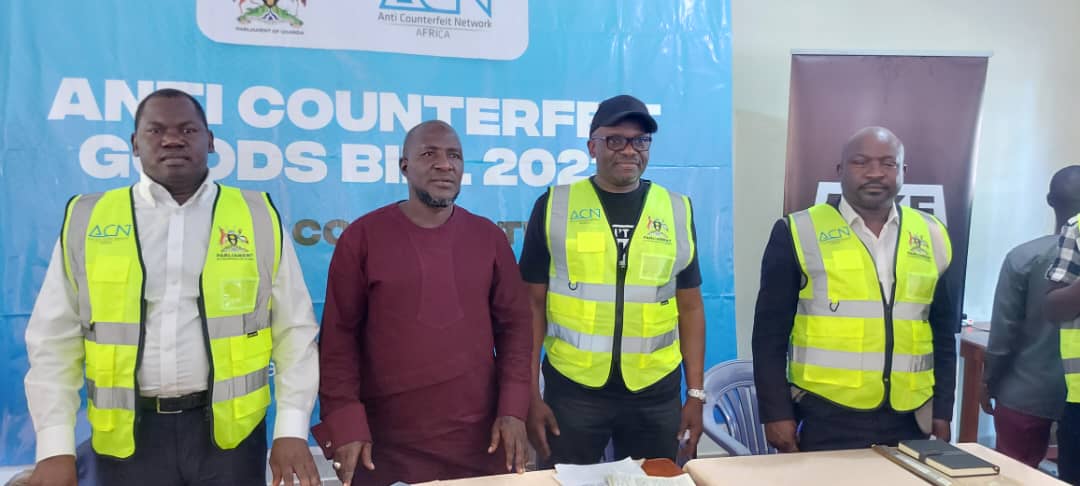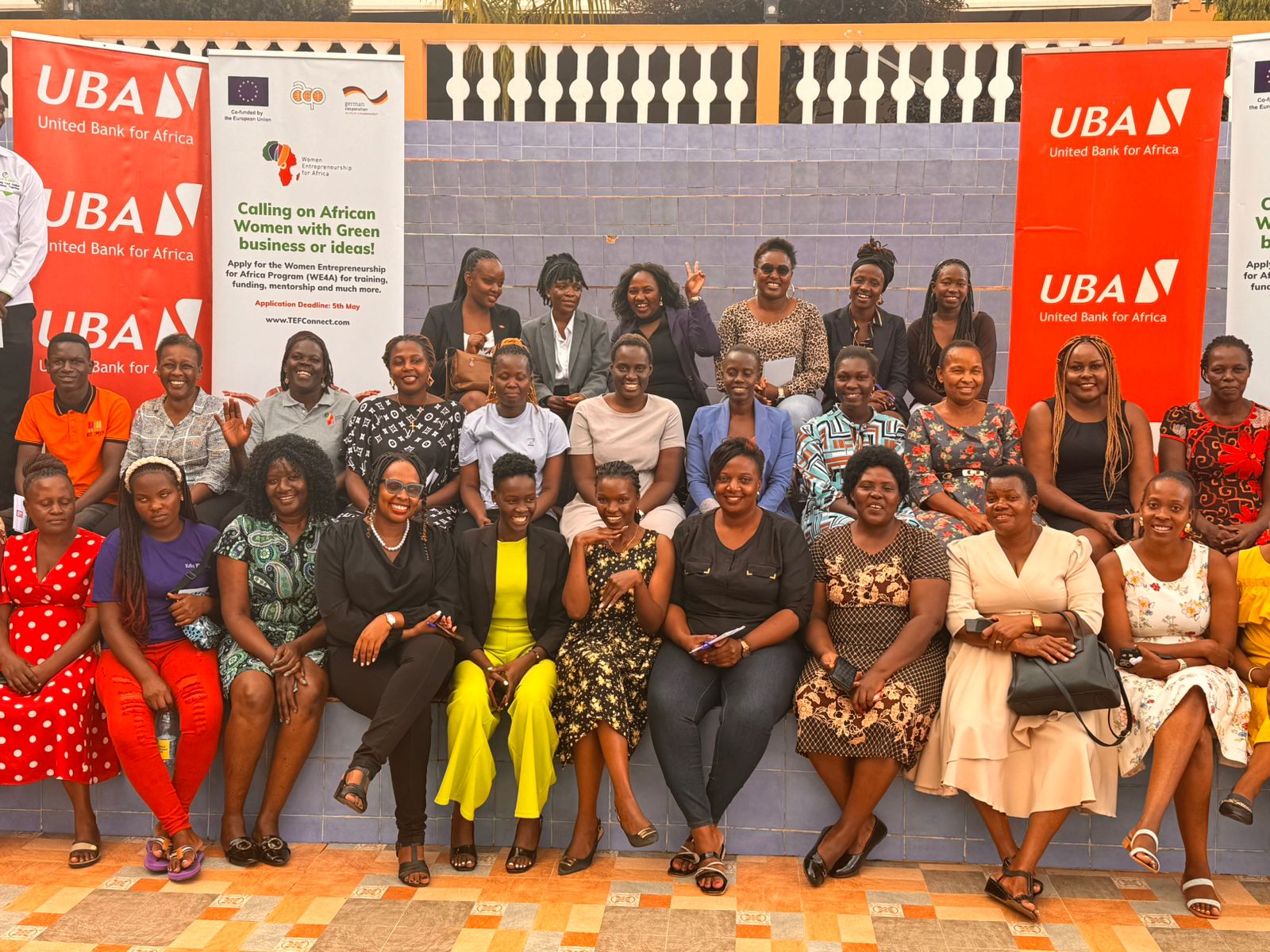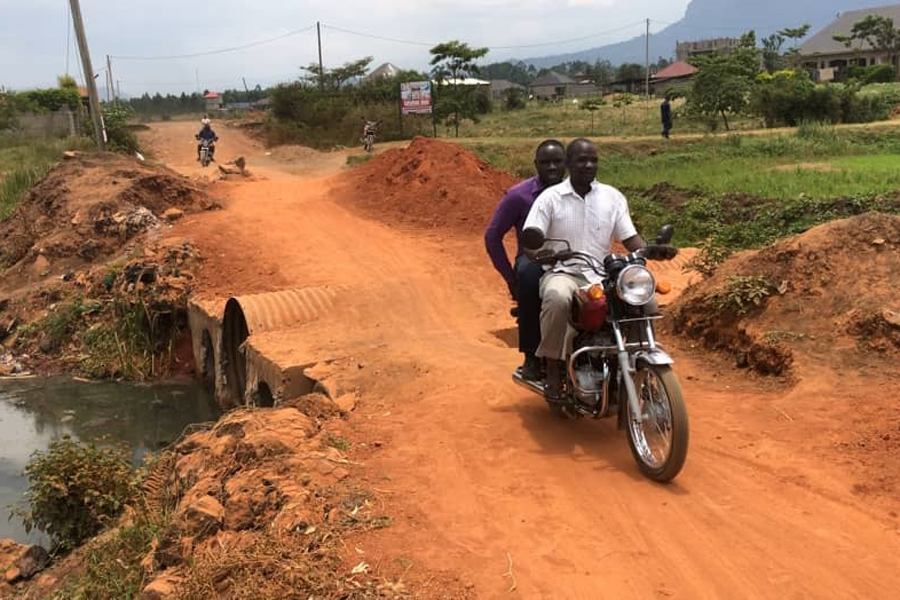Business Tales: How Alibaba and cheap Chinese goods killed my business
In this second tale of his business adventures, Nelson Musoke narrates how he travelled around the world purchasing items for sale in Uganda. The aim was to look for a unique item abroad, ship it and make a handsome profit off it locally. With the growth of ICT and e-commerce websites like alibaba, Musoke later realised that he was living on borrowed time and ditched the business. What did he learn from all this? Read on.
*********
The year was 1986 and as a family the oldest kids moved from private Catholic schools in a friendly neighbourhood country to a primary school considered top notch then by Ugandan standards.
That was the year when I first heard of Mr Da Gama and his quest to find the sea route to India in a bid to be able to carry spices back to his native Portugal.
Another thing about my early youth was that we would play games with our neighbours like Hopscotch, Shake, Rounders and A Ring- A Ring -of Roses (or something like that) and another game where we would sing about a London bridge which was falling down and allegedly we were reporting to a "fair lady" so we all fall down.
And what would you say is the nexus between these two of my early life's events is that in my mind and for a longtime thereafter I was convinced that the way to vast fortunes was to do something akin to collecting spices from India and bring them to Uganda and since childhood most of the quality items or lines of thought were British, my quest was to bring items from areas around that London bridge to Uganda like Vasco and that issue would be sorted.
[embed]https://nilepost.co.ug/2021/03/22/business-tales-why-you-should-not-invest-in-the-transport-business-unless/[/embed]
****
I had been doing the Dubai Entebbe run for sometime and done Hong Kong, Thailand and Mainland China for sometime and it so happened that the prices on my preferred carrier then Emirates went down for flights to London as compared to just stopping in Dubai (the price difference was about $ 300 to $ 400.
The cheapskate in me said it would make more sense to fly into London or the UK, look around for deals and if all else failed on the way back do almost 96 hours in Dubai and sort whatever issues I was unable to sort in the UK in Dubai and be back home shortly after.
Also to be honest I was also an air miles aficionado so the more miles I collected within the year the happier I was with myself. So for many years most of the airline staff at different counters in the countries I frequented around the world knew me by name.
So this story is about a journey that began with moving small items like 9 carat gold jewellery and other clothing accessories to bringing in MRI scans, oxygen plants, high valued vehicles by the container load and as usual what went wrong and why.
At one time a friend of mine described me as a person who could bring you anything from a Pin to a Plane.
To enter into the arbitrage business as I would like to call it you start by observing your environment and especially your immediate friends and family and question what they would like to have but isn't currently readily available in the country.
You then pass the begging bowl around and ask those who can prepay for orders to do so and you buy a ticket and fly to that country.
Before you fly to that country you go online and do all the research you can about suppliers of the products you would like to buy and send some emails and for those who do not reply email you make phone calls.
That reduces the possibility of total failure to procure the items you want to buy and supply to your immediate circle.
At this stage when you have a confirmed order for 3 items then it's prudent to buy 5 or 6 just in case someone else likes them and you can sell the extra items for even more money.
So in the Vasco Da Gama era we started by selling small trinkets like jewellery, wallets, cufflinks, ties, pens and wedding outfits and then started going up into machines, electronics and items which clients started asking for and couldn't find an alternative way to get the items in.
Essentially we were evolving in what we supplied based on the changes in tastes and preferences of our peers.
When they had just left university we were selling clothes, then when they made money we started selling cars and home electronics then as they got contacts and started their own businesses or rose in their organisation we started supplying big ticket items that their organisations wanted.
The principle then to be able to deliver the items was always to have a current Visa in your passport for any of the destinations you frequented for trade.
This meant that your bank statements should always look like you are not poor and all the theatrics that have to be done to keep it so.
So during this period I would have days when I was moving the same Shs 1 million across all my many accounts just to demonstrate activity so I would start with Barclays then go to Fina then Ecobank moving the same sum from one account to the other and in some cases one currency to another before finally wiring the same money to the final recipient abroad.
Initially you are moving items in your suitcase or extra luggage then you start moving items with companies which do something known as groupage (put items from different clients together and ship) by air or sea freight where you pay per kilo door to door or by cubic space occupied by your items in the container then eventually you graduate to moving containers.
And so for many years this was what my life was about. Taking orders, catching flights, negotiating with suppliers and shippers and then waiting for goods to get to the ports, organising haulage over land and then paying taxes and delivery to clients.
All the above sounds very simple. However, there are so so many things that can go wrong for which you have to really have thick skin for many occurrences are heart attack inducing.
If I started highlighting all the things that went wrong I would never stop.
But the highlights include one where I had an urgent delivery for a machine and even paid for it to be couriered to me.
I expected it to be delivered within 4 working days to my office and 3 weeks later the item was found in Mozambique and during all this time the online tracker was just showing that item is in transit and the client was giving me an earful twice or thrice a day believing that his item had not been purchased.
I would go into others but in the spirit of privacy I will just highlight things like changing of goal posts, misunderstanding quantities, being ignorant sometimes that some goods were hazardous and could not be put on flights so they had to come by ship, buyers changing their minds after confirming purchases and many a time goods lost in shipment and transhipment.
Believe it or not, even goods as big as vehicles can vanish.
I always traded with one mantra which was customer is always right so even in a case were a loss was occasioned by client changing goal posts or having the wrong part numbers I would take the loss and rectify the problem at my cost and charge the knowledge of what went wrong on my "school fees account".
But key to this business or any other business came down to access to capital. Depending on where and how much the the cost of capital was one could endure the vagaries of this line of trade.
I found as a rule of thumb if a container was going to cost you $ 20,000 to fill you will need $ 60,000 before the items landed in the market and then you had to dispose of the items and recover your capital before moving forwards.
Many a time after selling to everyone you could sell to inclusive of supermarkets and other distributors you still had two thirds of the stock still sitting with you.
We opened shops to sell some of the excess stock and realised after some time that the rent and salaries of the shop was clearing even the meagre sales that had been made so there were even some cases were we just abandoned the shop full of stock to the landlord and called it quits.
In hindsight when I think about it the major cause of generating "dead stock" was not understanding that the size of the effective demand of the market for many an item I bought in GB pounds was small (when people say majority of Ugandans are poor and have little or no disposable income this is where the issue is felt) and secondly little or no funds were spent on market research or marketing to determine the answer to this question.
So when you see hawkers on the streets and traffic lights carrying items all you should know is that is the "dead stock" of an importer who most likely has thrown in the towel on those items and wants a return however small.
But eventually the biggest hindrance to this business came twofold.
One was the economic growth of countries like China where sites like Alibaba announced to the world what the actual costs of items we were selling were and in many a case send their nationals over to our markets to compete with us.
And secondly it was change in government taxation policy which made it prohibitive to import anything. The average tax for any item outside Comesa comes down to approximately 54% of what customs deems as CIF (Cost Insurance and Freight) of the items and not necessarily what the actual costs were and for luxuries especially things like cars you would find yourself paying up 75% of their CIF.
So for a layman who puts together capital and outlays say $ 60,000 you would somehow go to market and you can't get rid of the stuff for more than $ 65,000 to $ 70,000 and eventually you ask yourself why you went through the hustle for such small returns.
You also then begin to see items you supply from the very same manufacturer being sold on the local market at the same price you bought them at ex-warehouse in their country and you wonder what the magic is.
Eventually you begin to realise that you can't continue to increase the amount of capital you can deploy for such meagre returns and you bow out of the business and leave it to those "investors" who are getting credit from their home manufacturers and then get preferential borrowing rates from their export promotions banks and then can wait for ages to get their money back without collapsing or to those members of society to whom cost of capital is zero.
Welcome to Chinatown
To be continued.......



